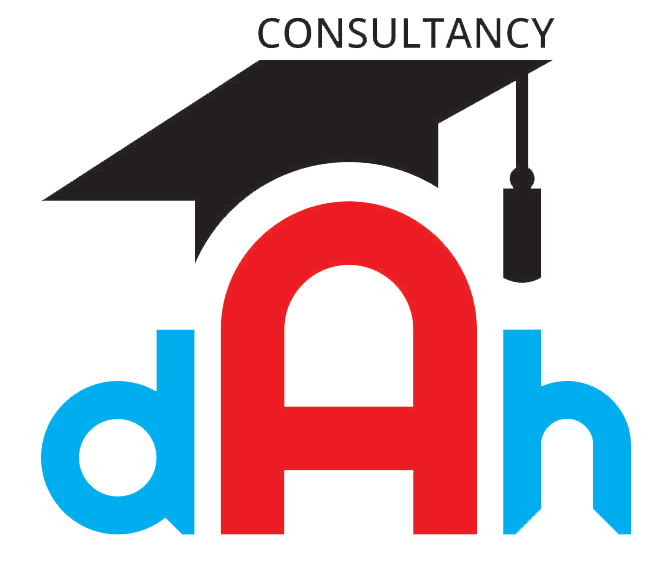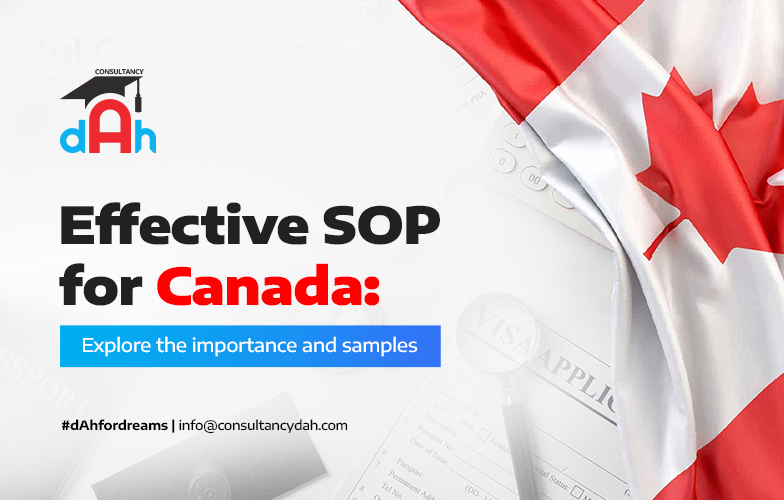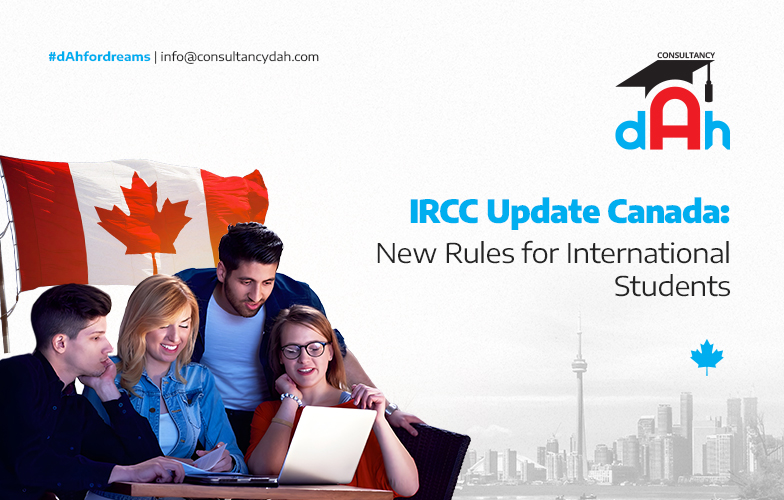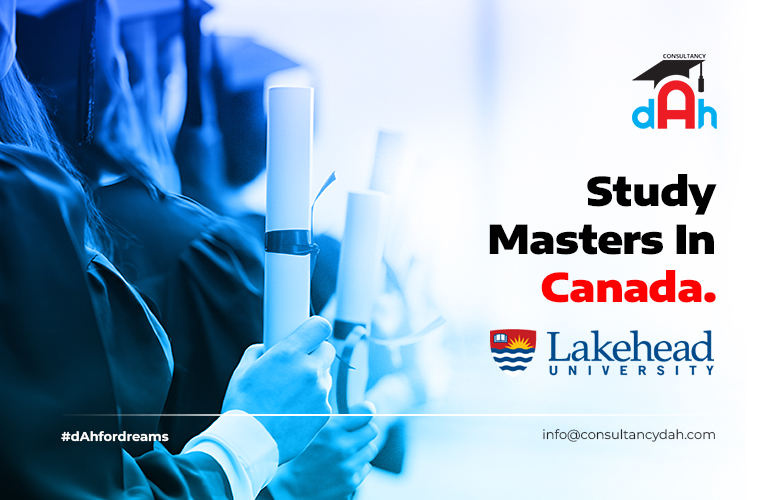A degree in data science and analytics is an excellent approach to begin your career in this rapidly growing sector. Studying data science and analytics in Canada is a popular choice for international students. Students can choose from a variety of undergraduate and graduate degrees in data science and analytics offered by Canadian universities.
In this article, we’ll cover the complete overview of the data science courses in Canada for international students including the universities and colleges, eligibility criteria, documents, and future career opportunities.
Why Choose Canada for the Data Science Course?
The Data Science degree program in Canada teaches students how to identify patterns and develop key insights from data, which improves an organization’s decision-making capabilities. Students prefer courses in Canada due to the extensive industry exposure, high-quality certificates, and job prospects. These are some of the reasons why students choose to study in Canada from Nepal.
- When students choose to study Data Science in Canada, they will gain both theoretical knowledge and practical experience.
- International Students studying data science in Canada will benefit from excellent living and educational opportunities.
- Successful completion of a Data Science degree in Canada often results in quick job opportunities that are highly rewarding.
List of Top Data Science Colleges and Universities in Canada
Here is the list of data science colleges and universities in Canada. These colleges offer courses for diploma, PG diploma, and masters in data science in Canada for International students:
- Ryerson University
- University of Waterloo
- University of Victoria
- Ontario tech University
- Nipissing University
Eligibility Criteria for Data Science Courses in Canada
The requirements to study data science courses in Canada can change based on the college or university providing the course and the type of course (undergraduate, graduate, etc.). But some common criteria are as follows:
- Applicants must have an educational background in related fields like mathematics, computer science, engineering, or statistics.
- A minimum GPA of 3.0 out of 4 is required of applicants if they want to be eligible for admission to data science programs in Canadian universities.
- Students pursuing master’s programs need to have a degree in engineering, science, technology, or math (STEM).
- Even applicants’ GRE and GMAT scores are considered by several colleges.
Documents Requirements for a Data Science Course in Canada
When applying for data science courses in Canada, whether at the undergraduate or graduate level, you will be required to create and submit a variety of documents. Usually, these consist of:
- Transcripts of Academic Studies
- Certificates of Degree
- Scores from English Language Proficiency Tests (like IELTS)
- Statement of Purpose (SOP).
- Letter of Recommendation (LOR)
- Curriculum Vitae (CV) or Resume
- Scores on Standardized Tests (GMAT or GRE, if relevant)
- Relevant Work Portfolio (if needed)
- Completed application form and fee.
- Identity verification, such as a passport
- Financial Records (for living expenses and tuition)
- Evidence of Completion of Required Courses (if applicable)
Career Opportunities After Study Data Science
International students who completed their data science studies or degrees in Canada can look forward to a variety of career prospects. Students attending Canada’s top data science universities can expect a bright future and a high employability rate.
- Data Scientists: Data scientists use strong analytical skills to extract insights, create models, and solve difficult problems across industries, as well as build algorithms, perform tests, and effectively communicate findings to stakeholders.
- Machine Learning Engineer: Machine learning engineers use programming languages such as Python and have a thorough understanding of algorithms to design, implement, and maintain models, driving innovation in a variety of sectors.
- Data Engineer: Machine learning experts use Python and algorithms to build, implement, and maintain models, generating innovation in a variety of fields.
- Data Analysts: Data analysts are experts who prepare, evaluate, and present data to support strategic business choices. They frequently work with other analysts or receive degrees in data scientist positions.
- Business Intelligence Analyst: BI analysts bridge the gap between business knowledge and data expertise by transforming data into actionable insights for business growth via reports, dashboards, and ad hoc analyses.
Conclusion
International Students hoping to succeed in this exciting and quickly changing sector may consider studying in Canada. If you’d like to learn more about the possibilities that data science programs in Canada provide, Contact CIC Education Hub for more information.
Is Canada good for studying data science?
How much does it cost to study data science in Canada?
Does study data science in Canada have a future?
Read more informative blogs that might be helpful for you:






